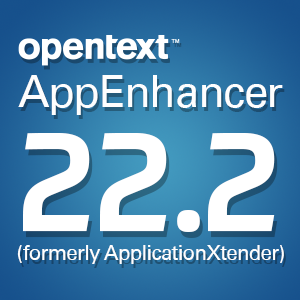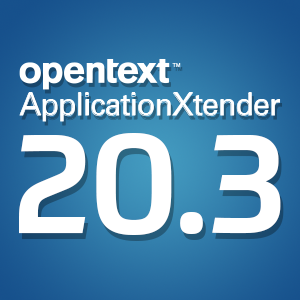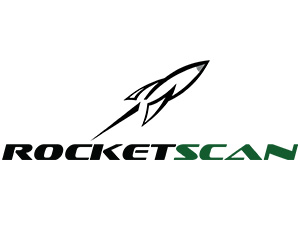Paper isn’t the only thing document conversion services help eliminate from operations
Monday, March 10, 2014Businesses looking to go paperless by investing in conversion services are seeing great success with these efforts. However, many find that the benefits go beyond getting rid of paperwork in their offices, allowing them to eliminate other costly parts of their budgets as well. From filing cabinets to staples and paperclips, the savings derived from cutting these supplies can go far, driving ROI on these efforts much further than many firms initially realize.
Along the rather toward paperless operations, the cornerstone of success is investing in paper conversion services. For businesses that have extensive records archives, deal in highly sensitive personal data or simple have large amounts of paper-based documents enter circulation on a regular basis, these services can simplify the process of migrating to digital formats. Making these processes more efficient, ensuring regulatory compliance and boosting overall productivity will allow firms to then focus more on the other process improvements they need to successfully migrate to paperless operations and other trends.
Of course, the journey to paperless freedom and the related changes that companies can make help streamline data access and other benefits as well. Businesses can support continued growth by adopting cloud services, unified communications and other strategies that allow them to continue to eliminate costly supplies. Supporting paperless solutions with document management software and the like sets the foundation for this continued growth while ensuring businesses have the infrastructure to share and collaborate on information with ease. From cutting printers to optimizing workflow with cloud computing, firms are able to accomplish a great deal by eliminating paper and utilizing the assistance of document conversion services to ease the transition to a new way of doing business.
Brought to you by Image One Corporation, providing complete information governance since 1994.




